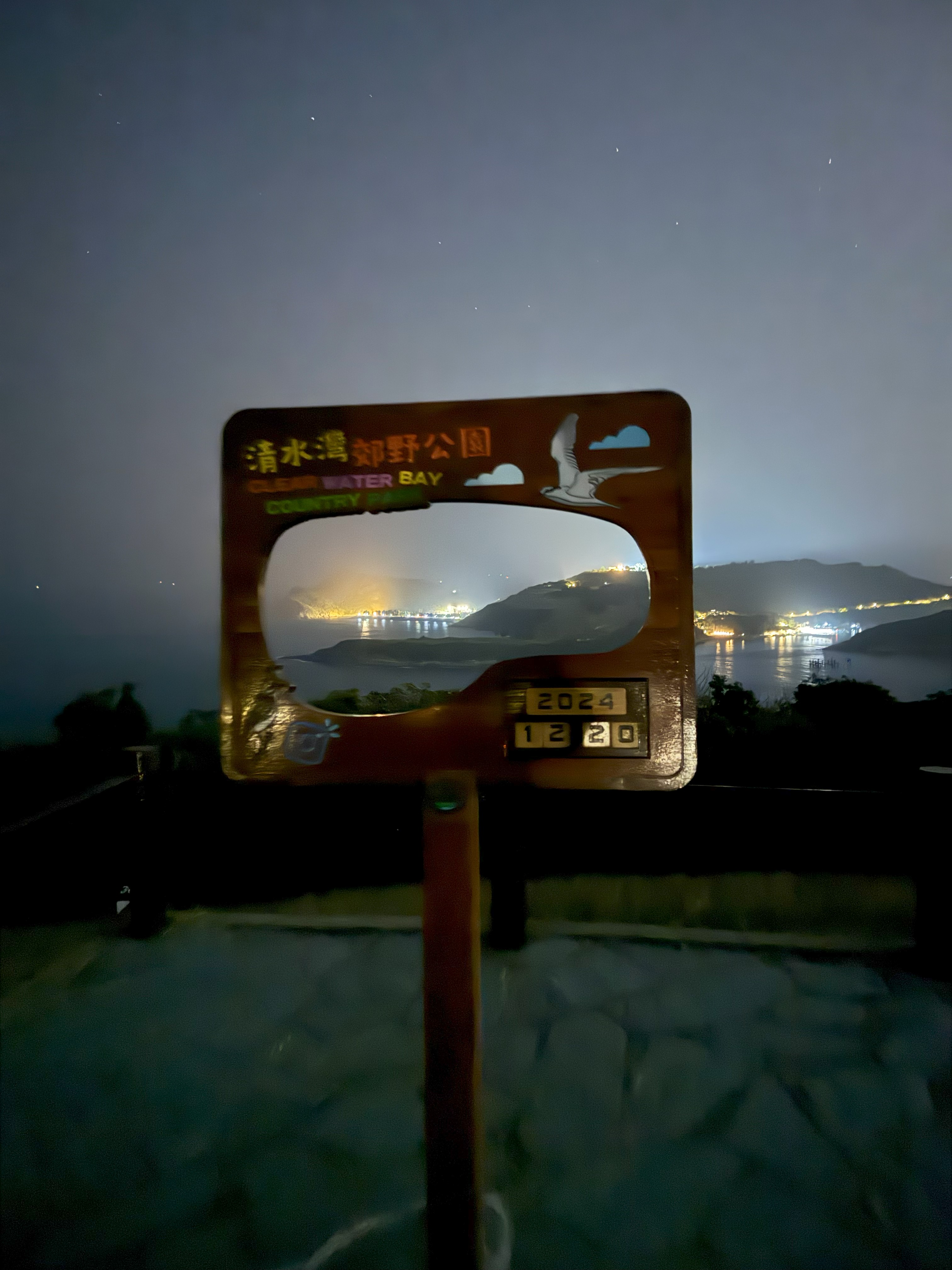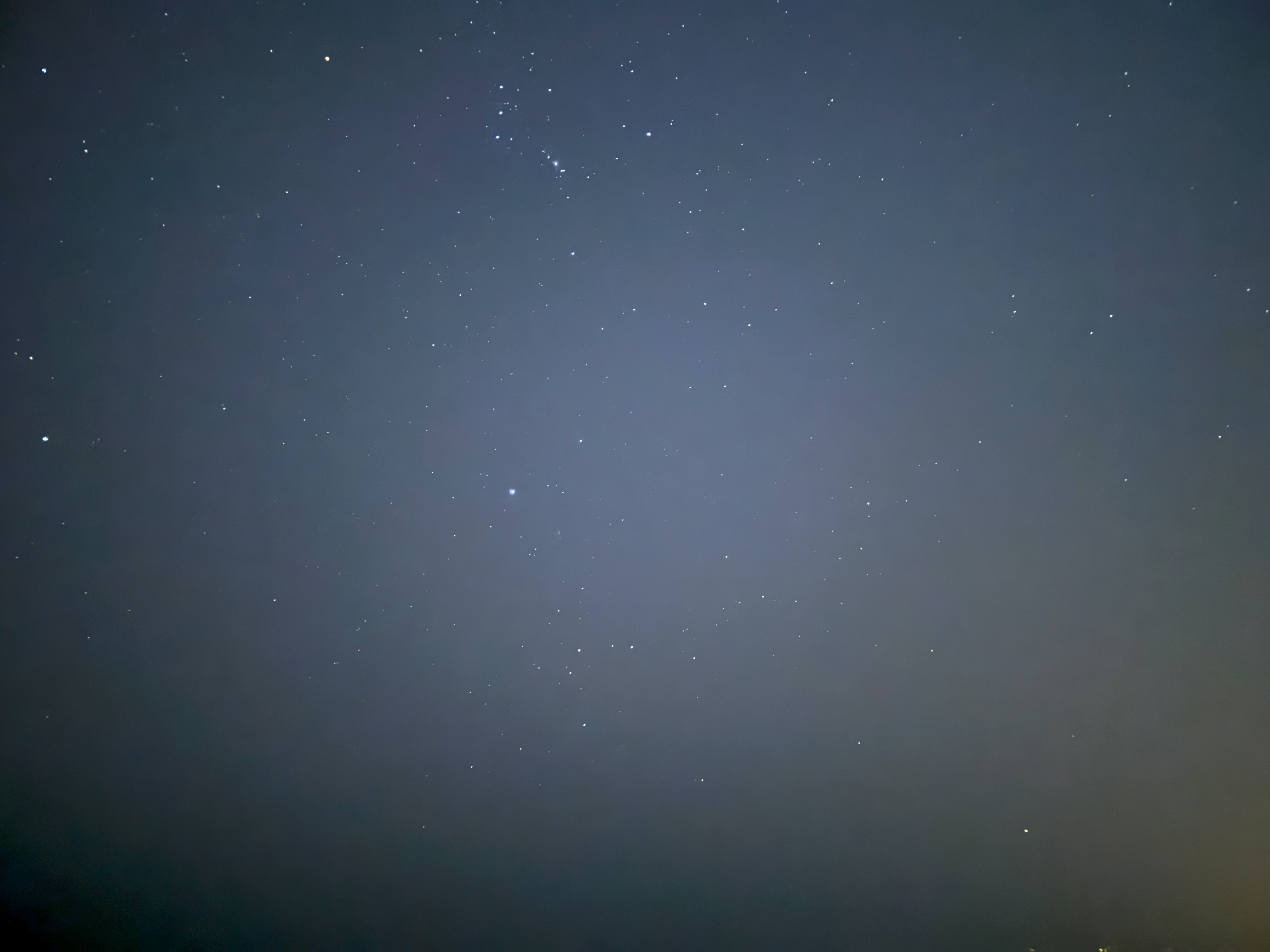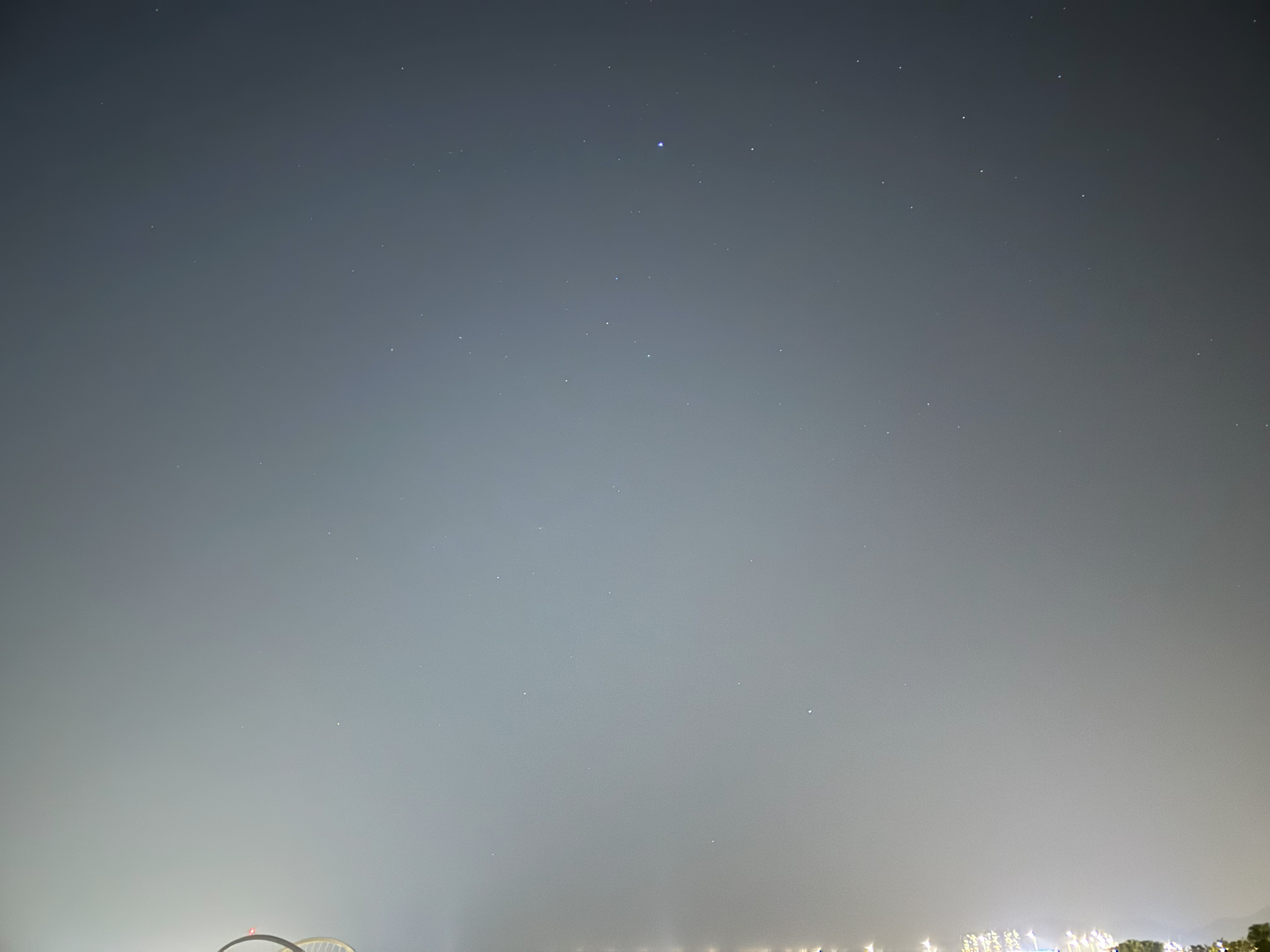Light Pollution: What We've Been Unawaringly Missing Out Every Night
Hong Kong is one of the cities with the worst light pollution. Despite this issue has been persisting for decades, there are no signs of it slowing down. In fact, the amount of light pollution might be growing faster than ever.

When it comes to pollution, people often mention air, water and noise pollution, but light pollution is frequently overlooked. Yet, light pollution is a significant contributor to negative impacts on the environment. It disrupts migratory birds' navigation, and interferes with the behaviour of nocturnal animals, who must rely on moonlight for guidance. They will get lost due to confusing the modern city lights with moonlight, eventually damaging the ecosystem. Moreover, research has also shown that light pollution decreases our sleep quality and overall well-being. After all, our brains that haven't evolved quickly enough to adapt to the modern lifestyle, are still used to the natural day-night cycle. In the past, when it is dark at night, our brains release hormones that will help us sleep, but modern streetlights and skyglow tricks our brains into thinking that it is still daytime, hence keeping us awake.


Both images are taken in the same day in different location. Both pointed towards the constellation Canis Major. Significantly more stars can be seen in the left image.
Light pollution also hurts our night sky aesthetically. I've had the chance to visit remote countryside areas in other countries, and it genuinely shocked me when the Milky Way, the Orion Nebula and various other galaxies and star clusters were visible with naked eyes. There were so many stars that, on a moonless night, they could still cast shadows. How many Hong Kongers have even seen more than ten stars in their night sky? I guess not many, let alone spotting the Milky Way with naked eyes. I suggest the government plan out some designate specific "dark sky" zones and introduce legislation to limit the light pollution from surrounding buildings. The Astropark located in Sai Kung dedicated to stargazing is still significantly brighter than many rural areas in other countries. Lantau Island might offer the darkest skies in Hong Kong while being relatively accessible, which is ideal for stargazing. Perhaps construction of another "Astropark" there shall be in order.
Light pollution is in theory the easiest to tackle. It just requires all of us to turn off unnecessary lights when we don't need them. Not only do you save money, you are also doing your eyes, your brain and the ecosystem a big favour!